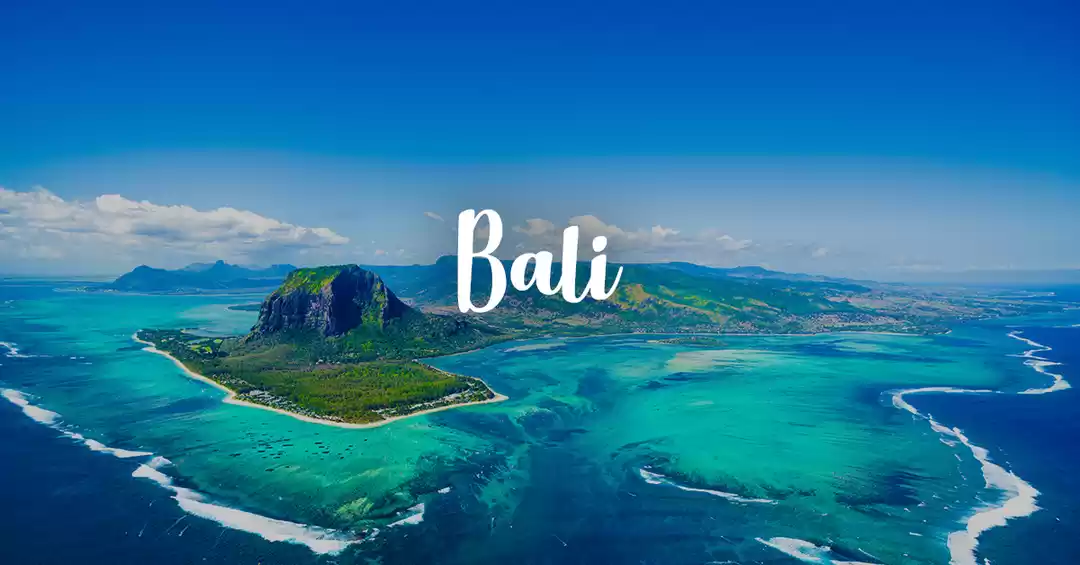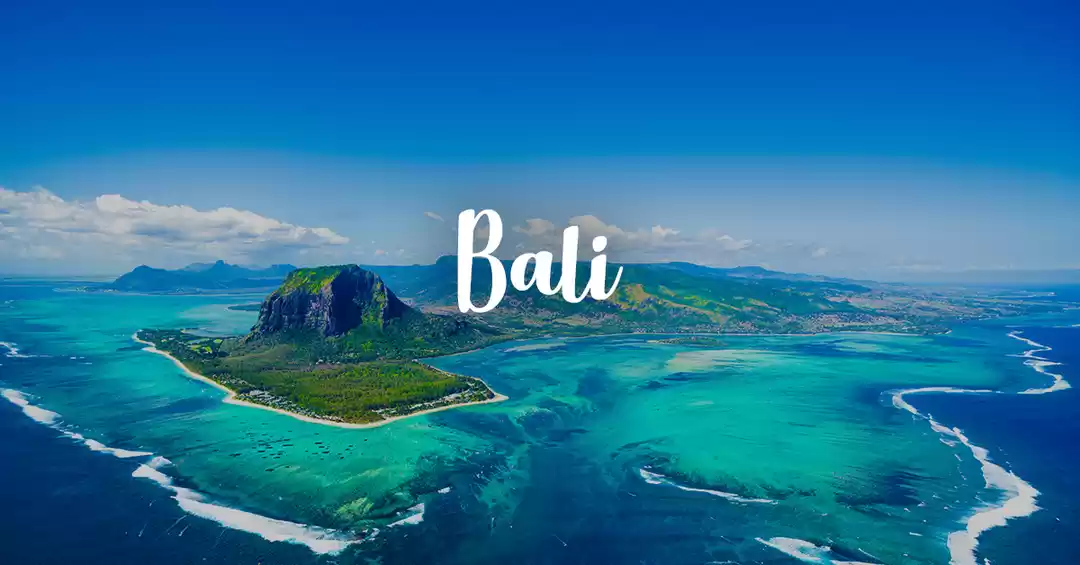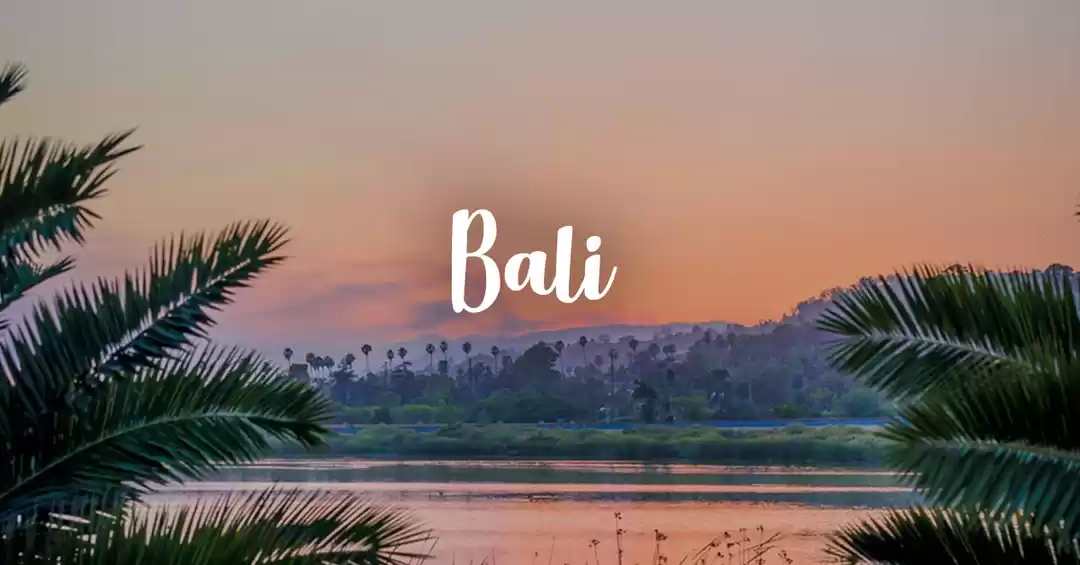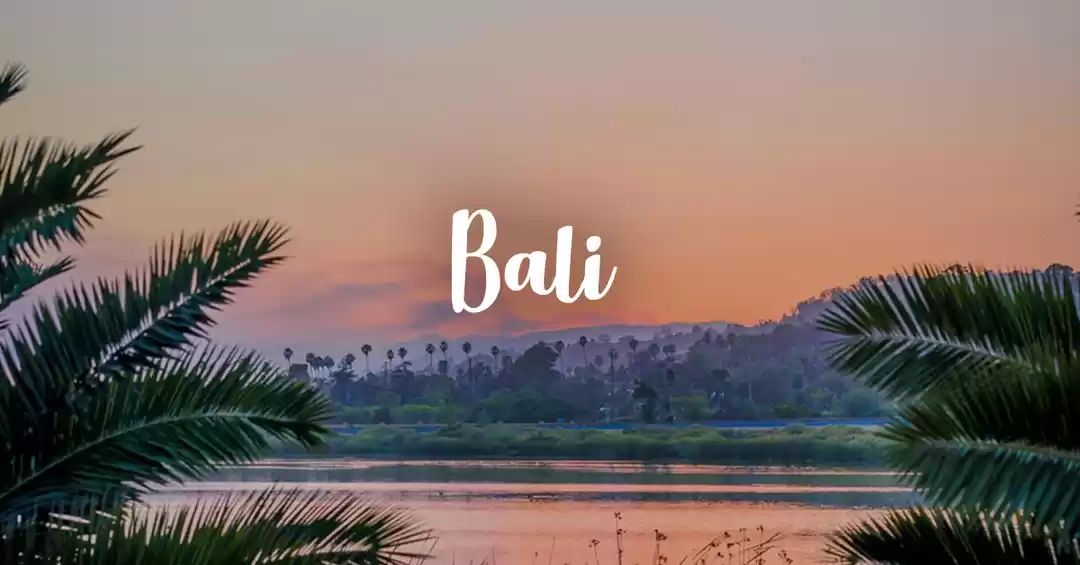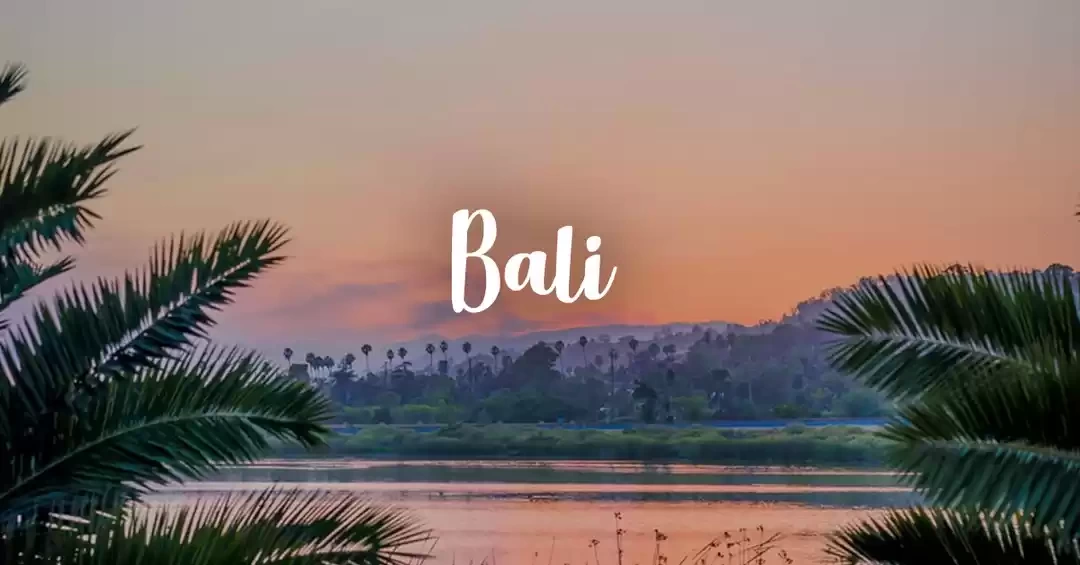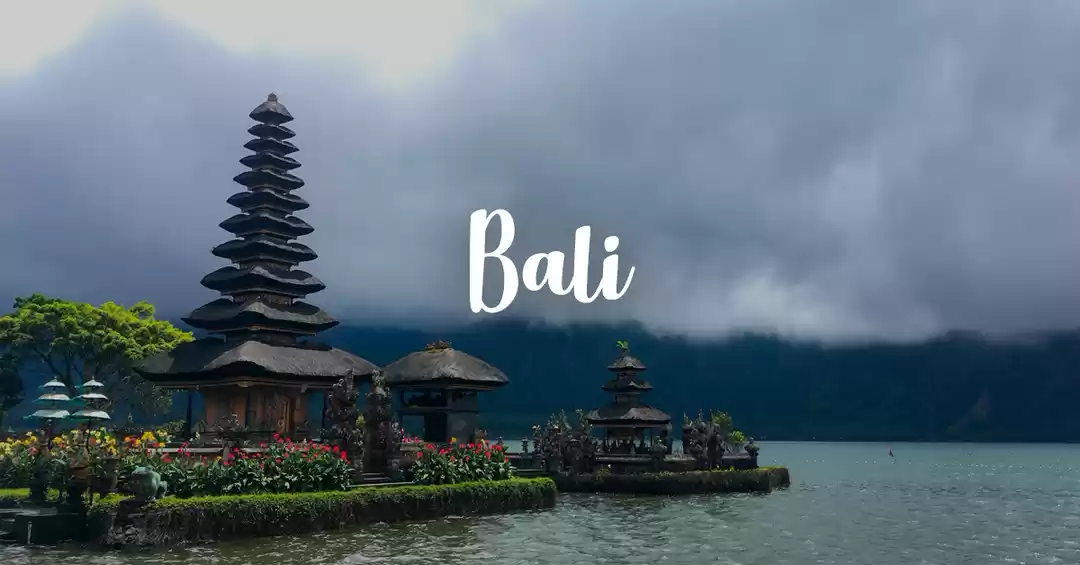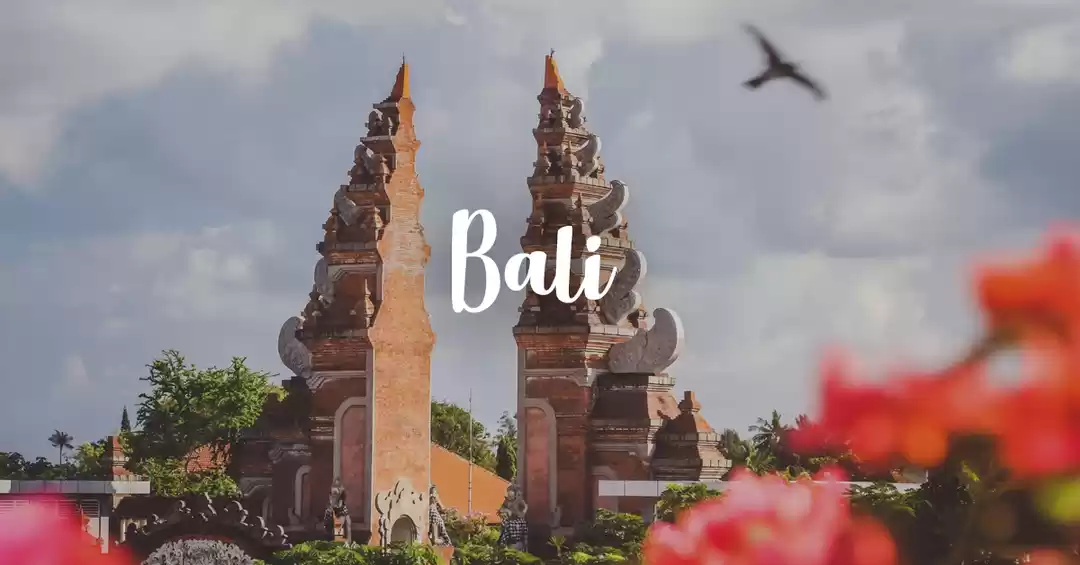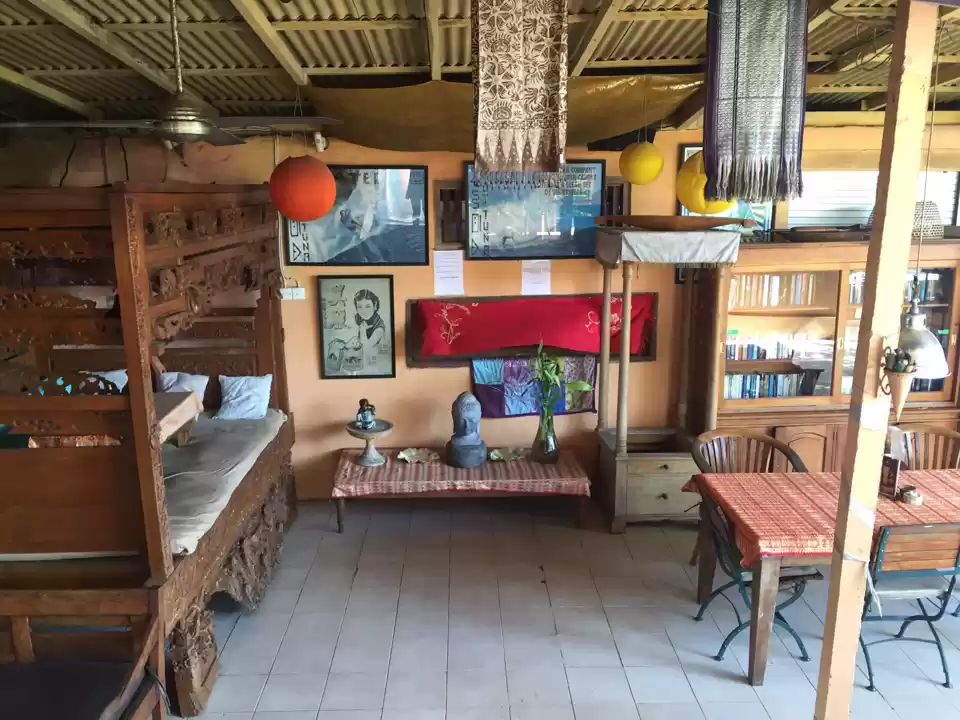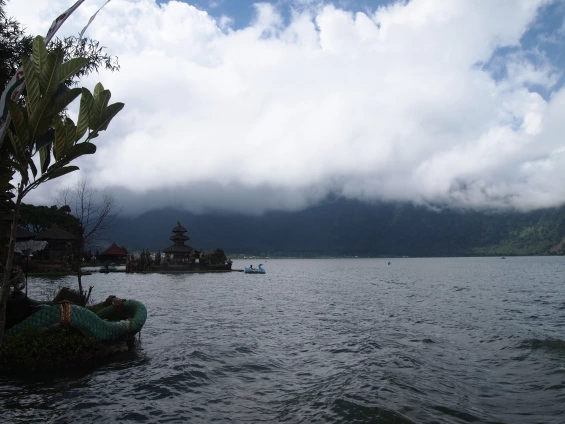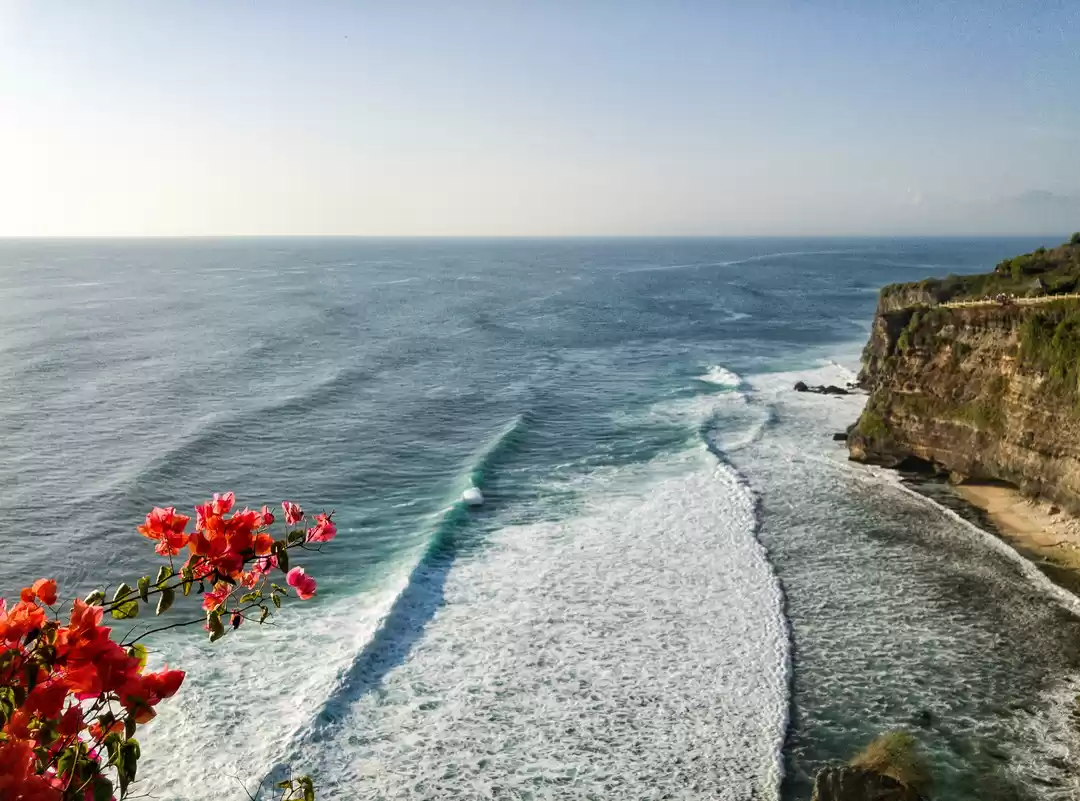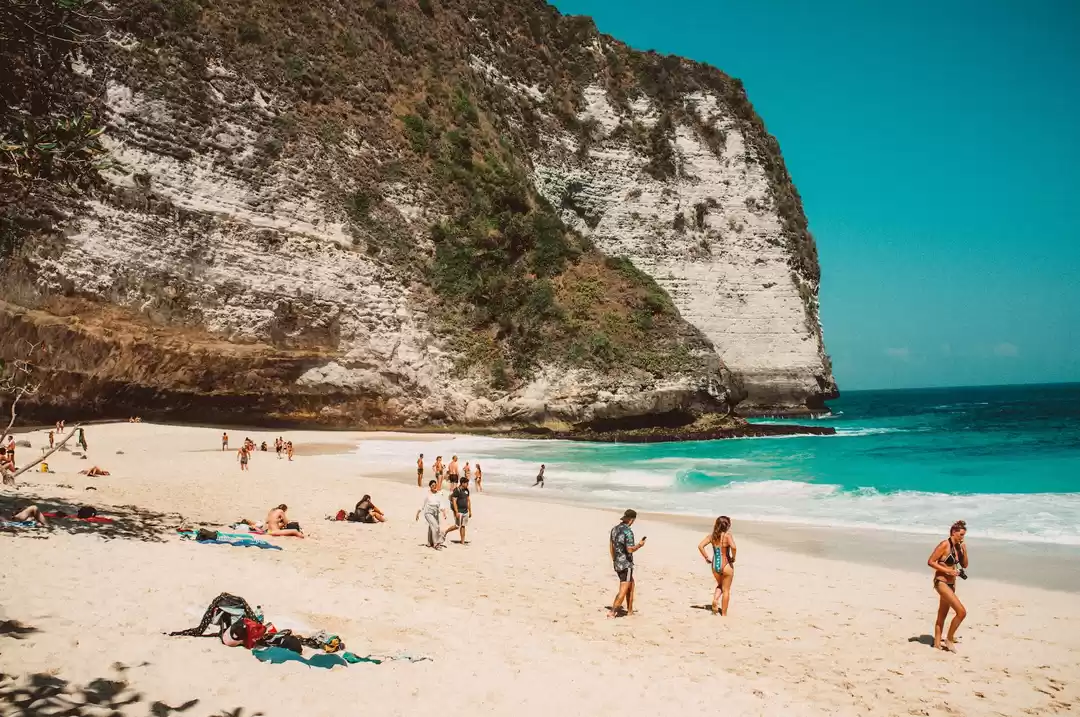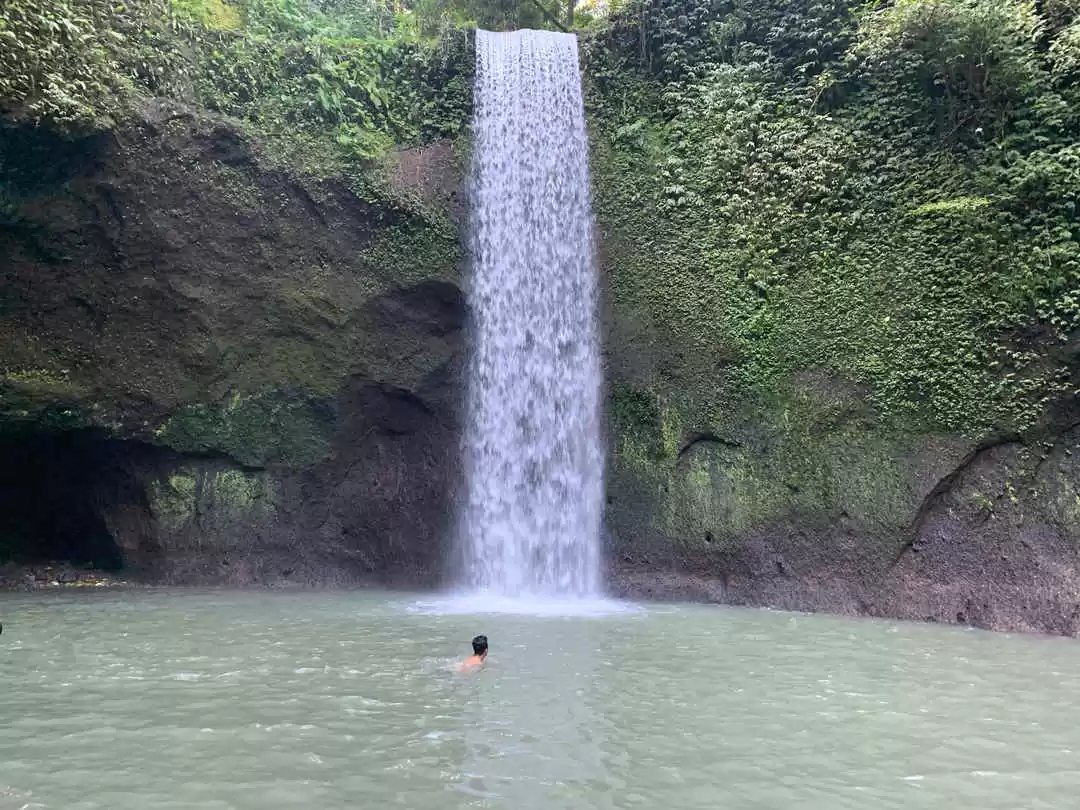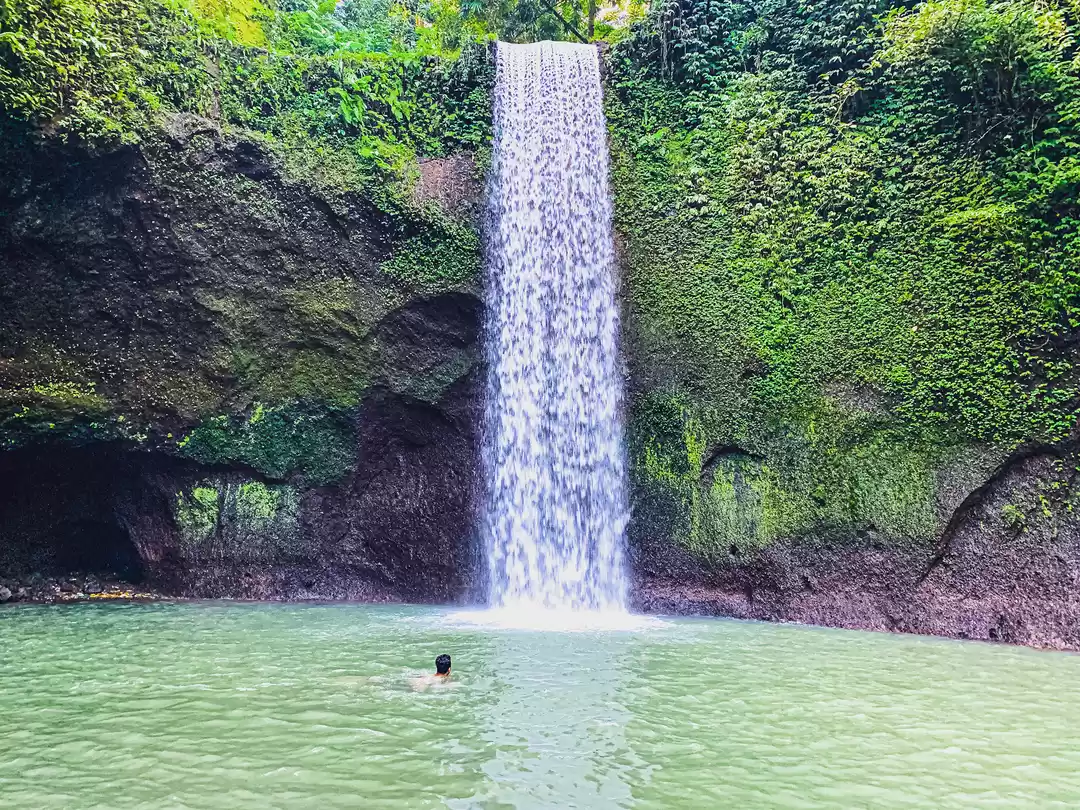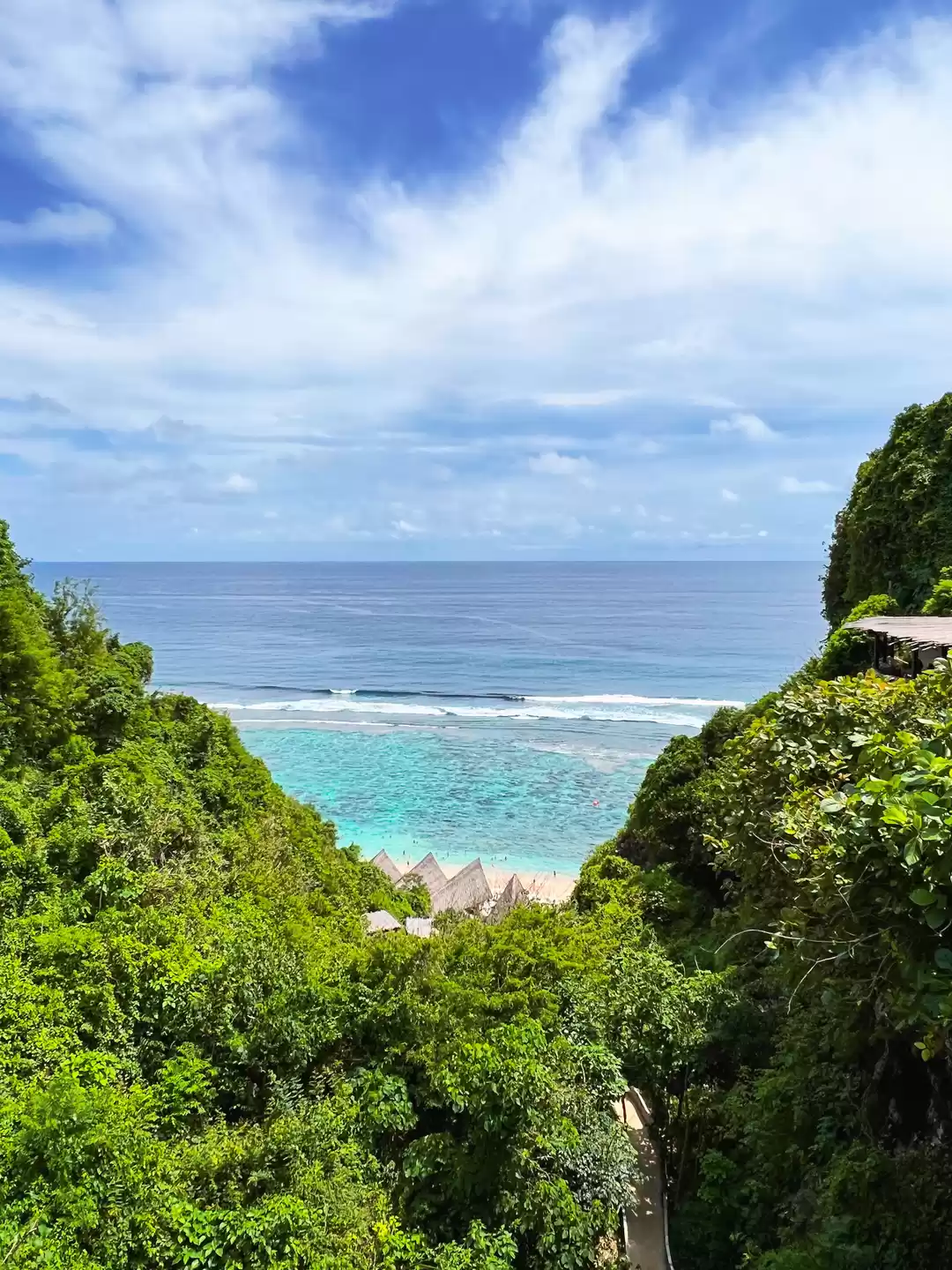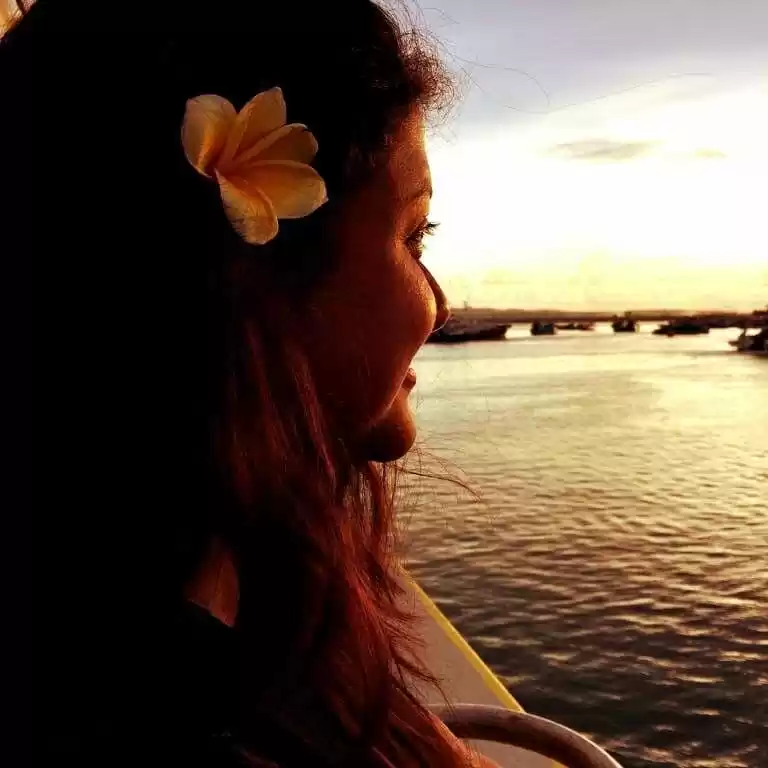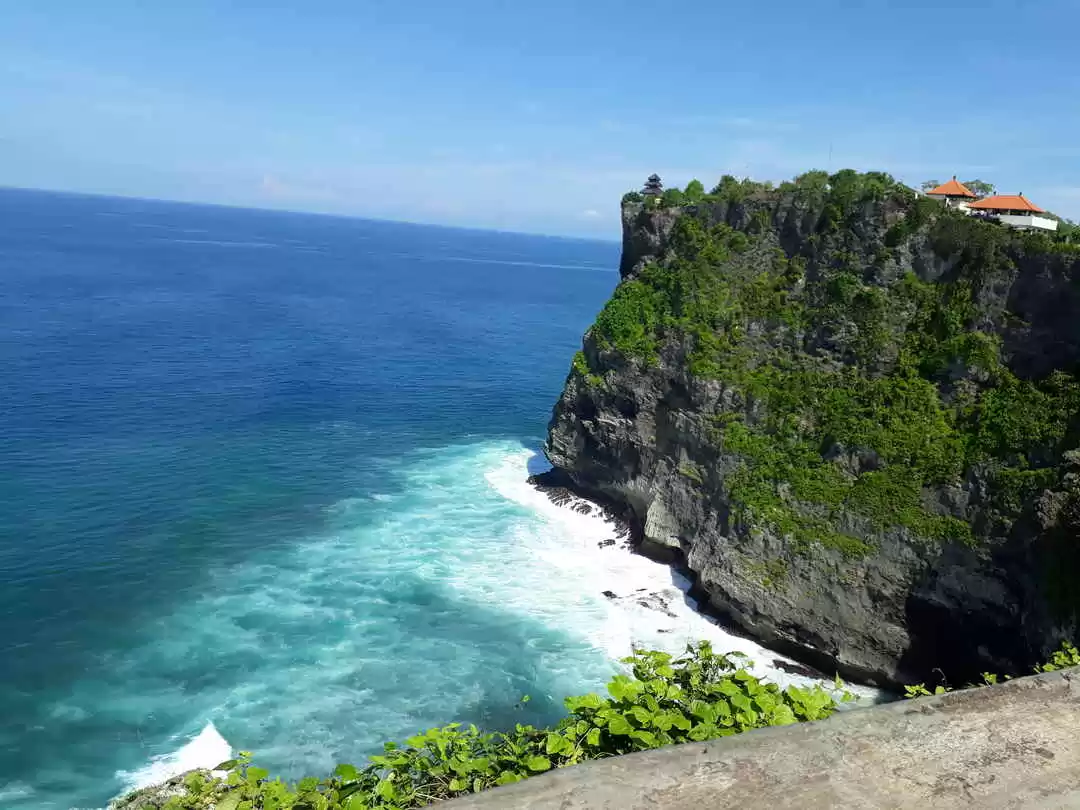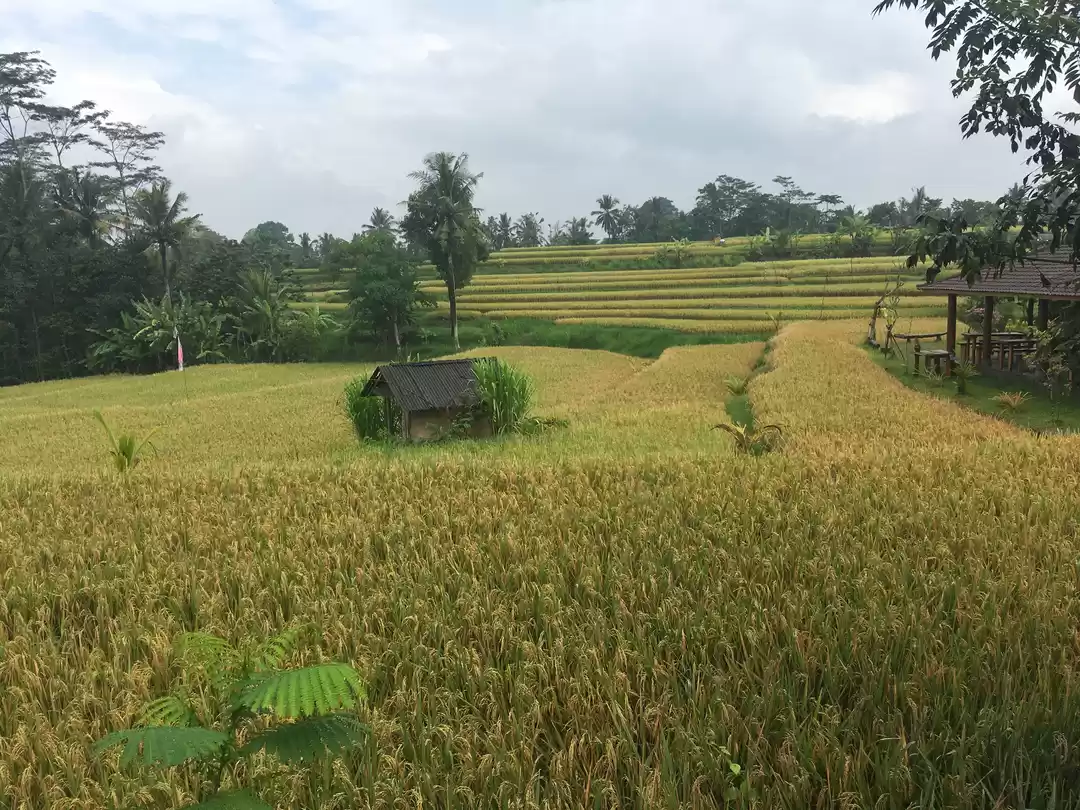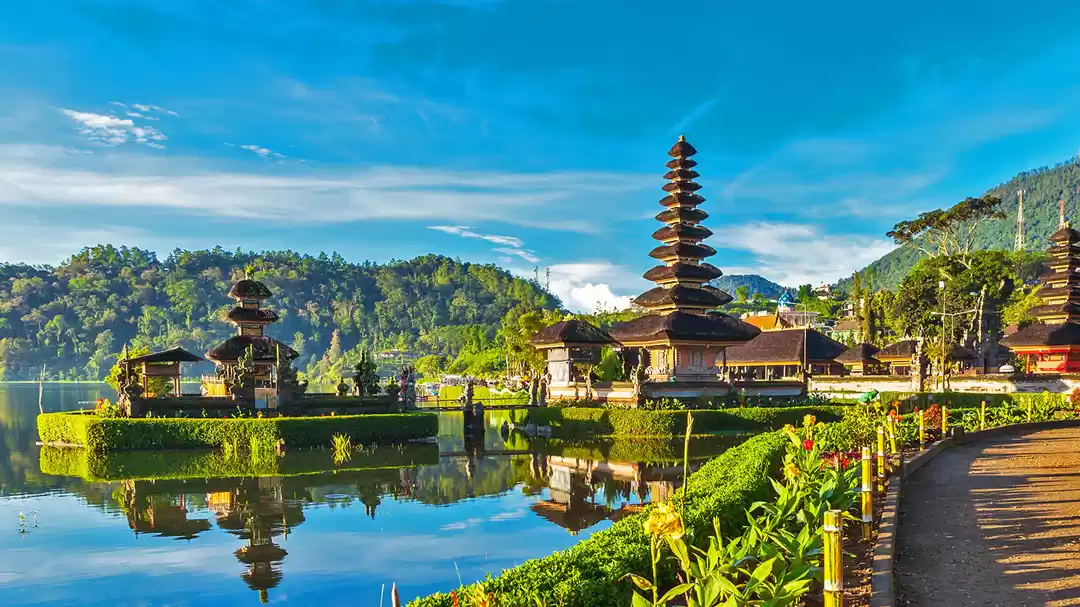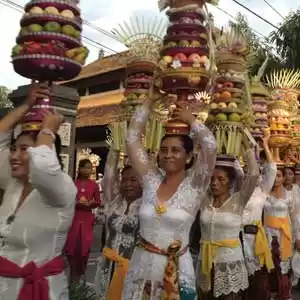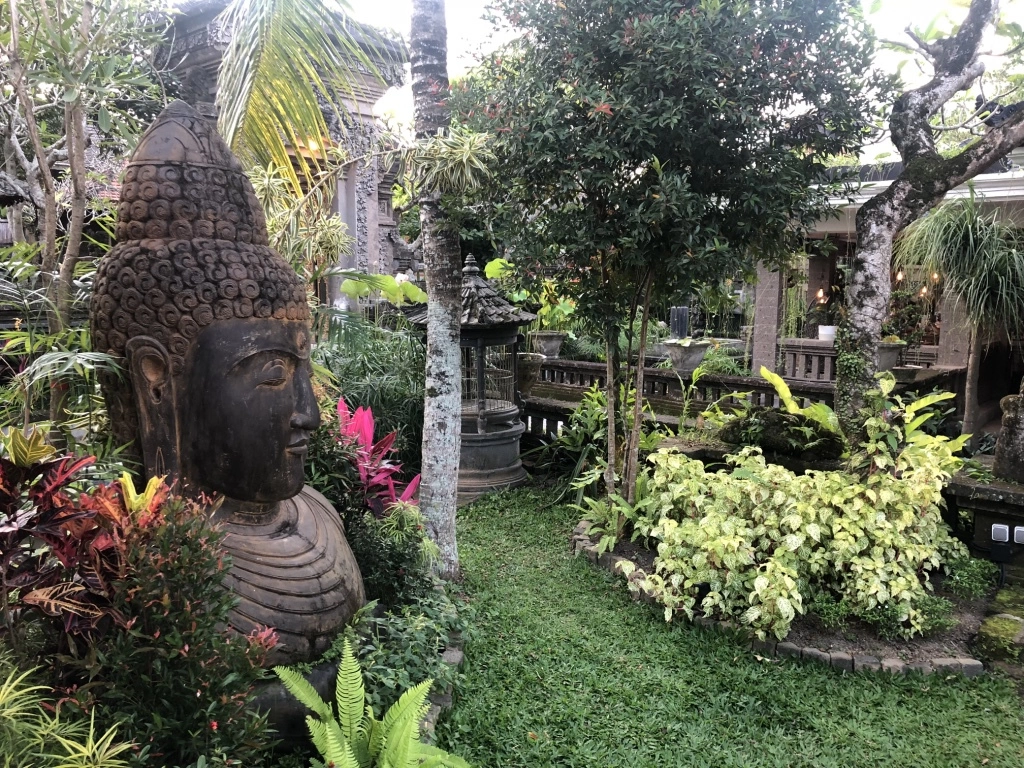What comes to your mind when you think of Bali?
Abounding natural beauty, volcanic mountains and terraced fields, amazing sunsets, beaches and coral reefs, yoga and meditation retreats were the things that came to my mind when I visualised Bali.

But to be honest, besides all of these, the Indonesian visa exemption was our prime consideration for selecting Bali as our holiday destination this year.
Based on my travel experience, I am listing here five things that you should know when you travel to Bali from India.
The Indonesian visa regulations allow visa exemption for people from around 160 countries including India, for a travel period of less than 30 days. This means that if you travel to Indonesia as a tourist for less than 30 days, you need not apply for a visa. You will be given a visa exemption stamp at the airport on arrival.
As of now there are no direct flights from India to Bali. So, we booked our tickets on Air Malaysia, with a stopover at Kuala Lumpur. Tickets purchased, my husband and I set out for a short trip to Bali for 6 days in November.

We landed at Ngurah Rai International Airport, also known as Denpasar International Airport.
Little did I know that I would be discovering a fascinating world where art, religion and culture converge with the lifestyle of the people.
Owing to its mainstream religion Hinduism, Bali shares a cultural affinity with India. Balinese people are generally warm, friendly, and hospitable, and are happy to speak about their culture and traditions.
'Om Swasti Astu,' is the Balinese way of greeting. In a manner exactly similar to how we say 'Namaste' in India, the hotel staff greeted us with folded hands saying 'Om Swasti Astu', which means 'May God shower grace upon you.'
During our stay, I came to realize that Balinese are very religious minded people. In the morning, we could see people on the roads carrying offerings of colorful flowers and pieces of snacks and incense sticks. These containers made of coconut leaves called Canang sari ( pronunced Cha-nang) can be seen on almost every street, in front of houses and shops and in the temples.

Here's a Balinese woman in her traditional dress carrying offerings.
Frangipani flower are a special favourite of the Balinese people. Balinese men have a custom of tucking frangipani flower behind their ear.

Culture, faith and traditions are integral to the Balinese way of living. They are very well versed with Hindu epics like Mahabharata and Ramayana. Local Balinese folklore is woven into the stories of these epics. Such tales also feature in their tradional dances such as the Barong and Kecak dance. In schools, children are taught to recite the Gayatri Mantra, a practice that is not prevalent even in India.

We came across this school on our way. Note the words 'Om Swastyastu' written at at the entrance and statue of Goddess Saraswati just beyond the entrance. I was surprised to learn that Saraswati Puja, a festival dedicated to the Hindu Goddess of learning is celebrated twice a year in Bali.
The steadfast commitment of the Balinese people to preserve their culture and traditions is rather impressive.
During the Balinese new year, Nyepi, a day of silence (mauna) is observed, when the Hindus stay indoors for fasting, contemplation and prayers. No vehicles are allowed on the roads and the island comes almost to a halt. Even the Ngurah Rai International Airport of Denpasar is closed from 6 am to 6 am.
The roads in Bali and temples are artistically adorned with beautiful and well-maintained sculptures of Hindu gods and goddesses such as Ganesha, Krishna, Vishnu riding Garduda, Rama on his chariot, Dewi Saraswati, Yaksha and Yakshini.

I spotted this beautifully carved huge statue at a road junction in Bali. This is a statue of God Ram on his chariot surrounded by his army of monkeys depicting a scene from Ramayana.
Numerous temples, big and small can be seen all over the island. Unlike in India, where we have only two temples dedicated to Brahma, the creator god in Hinduism, Brahma temples are commonly found along with Wisnu (Vishnu) and Çiwa (Shiva) temples. In Bali the trinity of the gods Brahma, Vishnu and Shiva is known as Iswara or Mahadeva.

Balinese Hindu temples are open air shrines in an enclosed compound, with Pagoda style tiered, black-thatched roofs made from a palm fibre. It is not necessary to cover the head while entering a temple but your shoulders and knees should be covered. Some temples rent sash and sarongs to the visitors for free which they wrap around you after you have purchased the ticket for entering the temple.
Though Balinese are Hindu, their way of worship is different from the Hindu worship practices in India. Balinese priests chant mantras to invoke the God in a pot (kalash) with coconut, mango leaves and flowers. It is forbidden to enter the worship area for the tourists. However in some temples, entry to the worship area is allowed if you are a Hindu, you carry an offering and are accompanied by a local Balinese priest.
When holidaying in Bali, while one would naturally want to spend time shopping, partying, or enjoying the beach life, it is worthwhile to spare some time in exploring the rich cultural heritage and traditions of the island.

There are a number of open markets in Bali that sell handicrafts, clothes and souvenirs, While shopping in these open markets, you may do some bargaining.
In Bali, we found the food to be reasonably priced. Wherever we stopped for meals, whether it was a Warung (local shop) or a five star hotel, the portions were large, food was very fresh, well cooked, and light on spices and good in taste.
Unlike many Indian Hindus, most Balinese eat meat, and hence vegetarian food is limited. However, they do understand the concept of vegetarian food.

If you are a vegetarian, you could ask for tofu and vegetable preparations without meat or a vegetarian Nasi goreng. Nasi goreng meaning "fried rice" is an Indonesian rice dish with pieces of meat and vegetables added. Also lots of fresh fruits are available.
If you stay at Seminyak or Ubud, getting vegetarian food is not a problem. In fact, I spotted a couple of Indian restaurants in Seminyak, the place where we stayed.
Bali's tropical climate is almost similar to Mumbai, with not much fluctuation in temperature from one month to the next. Mornings and evenings are pleasant but it is pretty hot in the afternoons in November. At higher elevations such as Bedugul or Kintamani, it is more cloudy and pleasant in than in Denpasar.
From April to October is the dry season, when the island has the least rain, the most sun, and the lowest humidity. There is more rainfall from From November to March but rain is often followed by sunny clear skies. We were lucky to get clear skies on all the days.
There is not much public transport in Bali. Motorcycles and cars are available on rent. Similar to what we have in India, the cars in Bali have a right-hand drive. International driver license is required for renting a car. If you don't have one, you can get a tourist driving license at the police station at Denpasar.
However, driving can be confusing if you're not used to the Balinese road network.
The other option is to book a package tour from the hotel where you stay. Most hotels have package tours for 4 hrs, 6 hrs or 8 hrs. The rates work out to be the same as for hiring taxis from one point to the other. If you are not a part of a tour group, you may consider booking a package tour with a car and driver. This will help you to optimize your travel time, be safe and not get lost.
Though it is not mandatory to pay a tip, but if you receive good service, a small tip goes a long way. Also remember to say thank you: 'terima kasih' or 'suksma'. The locals appreciate you learning a few Indonesian words.
Dos and Donts in Bali
Do not touch anyone (even a child) on the head; it's regarded as the abode of the soul and is therefore sacred. Do not enter the restricted area of the temple that is meamt for worship. Avoid stepping on the offerings lying on the streets. Keep your head covered while travelling during the day to avoid the sun and heat. At the temples locals may offer to show you around the temple. They'll tell you about its history and rituals and ask for a donation at the end. If you are not willing to pay money, do not accept such offers. If you need to carry medicines, carry all medicines (including vitamins) in their original packaging, along with their original prescription. Your passport should have a 6 months validity from the day of arrival in Bali. Hey! Say what you want to. Please Like, Share and/or drop a Comment below!





